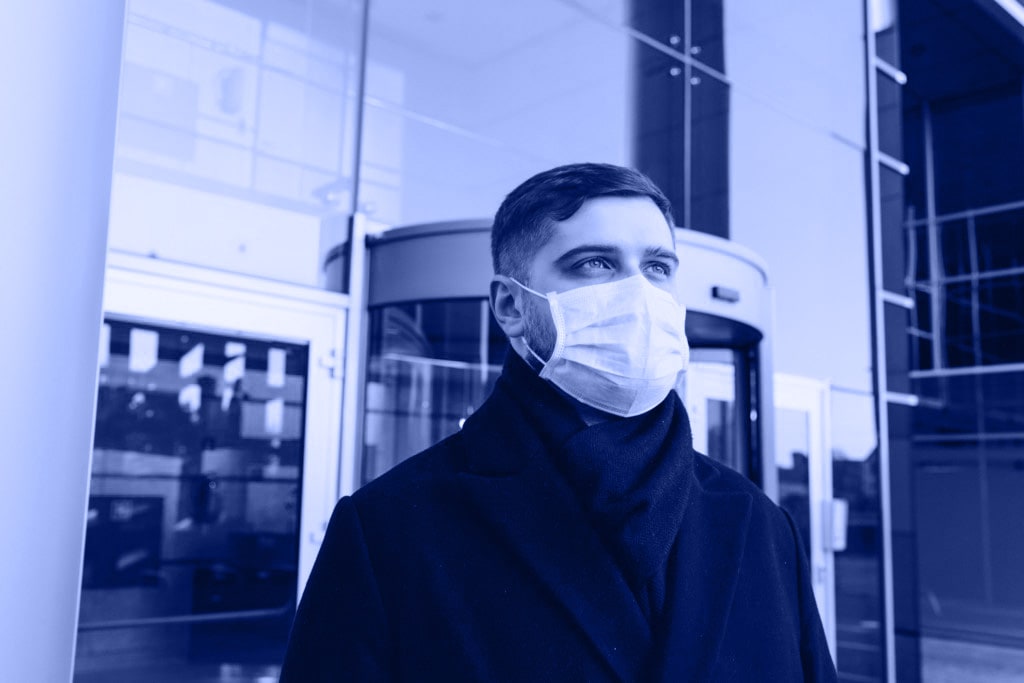Two studies point to potential immunity against reinfection with SARS-CoV-2

These two papers tell us something hopeful about our future interactions with the SARS-CoV-2 virus. In brief, they together show that infection with SARS-CoV-2 may lead to a strong, perhaps antibody-mediated immunity against re-infection with the virus.
In the first paper a group of 4 rhesus macaques experimentally infected with the virus became resistant to re-infection within 28 days. It’s a very small study but it goes straight to the most important unanswered questions in this pandemic, namely will the human population become sufficiently immune to the virus that we can return to normal life?
The second paper shows that people infected with SARS-CoV-2 make antibodies that neutralize the virus in a laboratory test with human cells cultured in a Petri dish. Since we now know that the two other coronavirus, causing SARS and MERS, both enter human cells by binding to the same protein as SARS-CoV-2, it was a surprise that none of the neutralizing antibodies against SARS-CoV-2 could inhibit the SARS and MERS viruses. Still, if infected humans make efficient neutralizing antibodies against SARS-CoV-2 they should become immune to re-infection. All we need now is evidence from people that this is the case.
Now to be a bit more cautious, humans are not rhesus monkeys, and we do not yet know whether people really do become immune to re-infection with SARS-CoV-2. There have been several worrying reports that people who have been declared virus-free have fallen ill a second time. This was initially interpreted to mean that they had not developed immunity, but it may well be that these relapses were due to the original infection returning. Secondly, we do not yet know whether the “neutralizing antibodies” actually have this activity in people. This can now be tested by injecting the antibodies, purified in the laboratory, into people that are infected with the SARS-CoV-2 virus. It is possible that these may even act as magic bullets and clear the virus from the body.
So we have two things to be hopeful about. It seems more likely than not that infected humans will develop good immunity against SARS-CoV-2, and it is possible that one or more of the neutralizing antibodies that are being described will turn out to have therapeutic activity in sick patients, who for whatever reason, have not been able to respond adequately to their first infection.
Contributing Scientist: Jonathan Howard (IGC)
SciCommers involved in translation and editing: Catarina Saboga and Patricia Correia
Scientific papers
Reinfection could not occur in SARS-CoV-2 infected rhesus macaques
Potent human neutralizing antibodies elicited by SARS-CoV-2 infection
